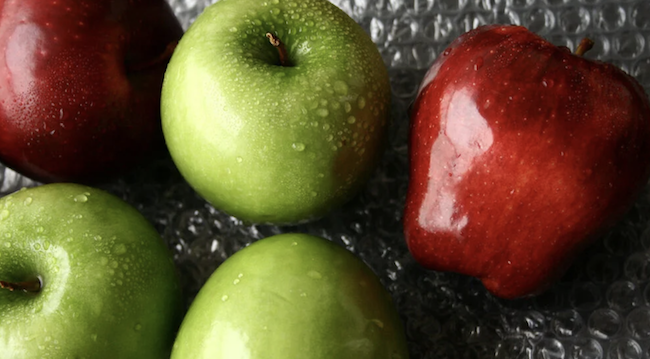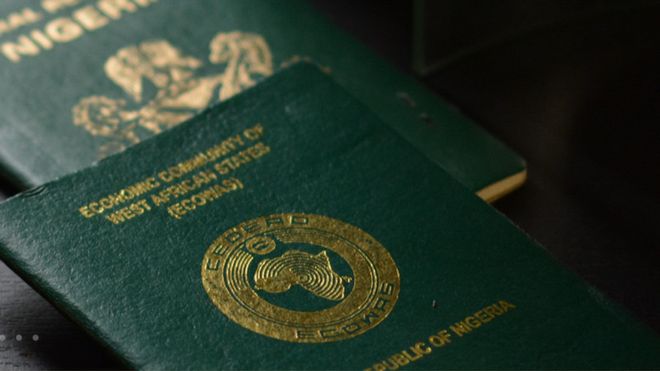
Latest data by the National Bureau of Statistics revealed that Nigeria imported N11.8bn worth of apples in the fourth quarter of 2024.
This is as the prices of apple and other fruits have continued to rise above the means of ordinary Nigerians.
According to the World Health Organization, fruits and vegetables are important components of a healthy diet. Reduced fruit and vegetable consumption is linked to poor health and increased risk of noncommunicable diseases.
Despite these benefits, many Nigerians now describe fruits as a “food-for-the-rich” due to rising prices that have placed them out of reach for the average family.
Speaking to our correspondent on Friday, a fruit retailer in Jahi 1 area of Abuja, Musa Suleiman, lamented the rising cost of fruits which resulted in low patronage from Nigerians.
“We sold apples for N200 or N250 before now, but an apple is now between N450 and N800 depending on how big it is. In fact, whenever we want to get apples from the market, we will be compelled to buy grapes, if you don’t buy grapes, they won’t sell apples to you. That is because grapes are so expensive, nobody is buying them. These grapes have been in my shop for one week and each pack is N7,000. I have to sell it out for N4,000 because it is getting spoilt and no one is buying it,” he said.
Another fruit seller in Kado Kuchi area in Abuja, Mansur Mansur, said he stopped restocking certain exotic fruits due to low patronage.
“In the previous years’ Ramadan, customers would come to buy exotic fruits to break their fast but it was different this year. I didn’t get enough patronage. I have now limited my stall to apples, bananas, oranges and pineapples.”
However, the consumers blamed the low patronage on the high cost of fruits.
In Jabi, Jahi, Lugbe and Kadokuchi areas of Abuja, Punch observed that slices of pineapple and watermelon which previously sold for between N200 and N300 now sell for N500.
Two oranges which previously sold at N100 now sell for N300
A set of four coconuts has risen by 400 per cent, now selling for N4,000 instead of N800 in 2020.
The NBS, in its cost of healthy diet published in October 2024, noted that s fruits and vegetables were the most expensive food groups in terms of price per calorie, they accounted for 11 per cent and 15 per cent of total CoHD respectively. They also provide only 7 per cent and 5 per cent of total calories in the Healthy Diet Basket.
Speaking with Sunday PUNCH, Anike Abubakar, a mother of one, said she only ate fruits whenever she is sick.
“Before, I used to purchase fruits easily. Whenever I’m returning from work, I will ensure I buy at least five different types of fruits because I am a breastfeeding mother. But I stopped recently due to the high cost of fruits. I only take fruits whenever I’m sick. It doesn’t make any sense that fruits and vegetables can’t be afforded by ordinary Nigerians.”
The President of Abuja Chamber of Commerce and Industry, Emeka Obegolu, had lamented the persistent surge in the price of food commodities across the country.
Obegulu said the situation, if unaddressed, would cripple small-scale businesses, which are struggling to adjust to various economic reforms by the President Tinubu-led administration.






